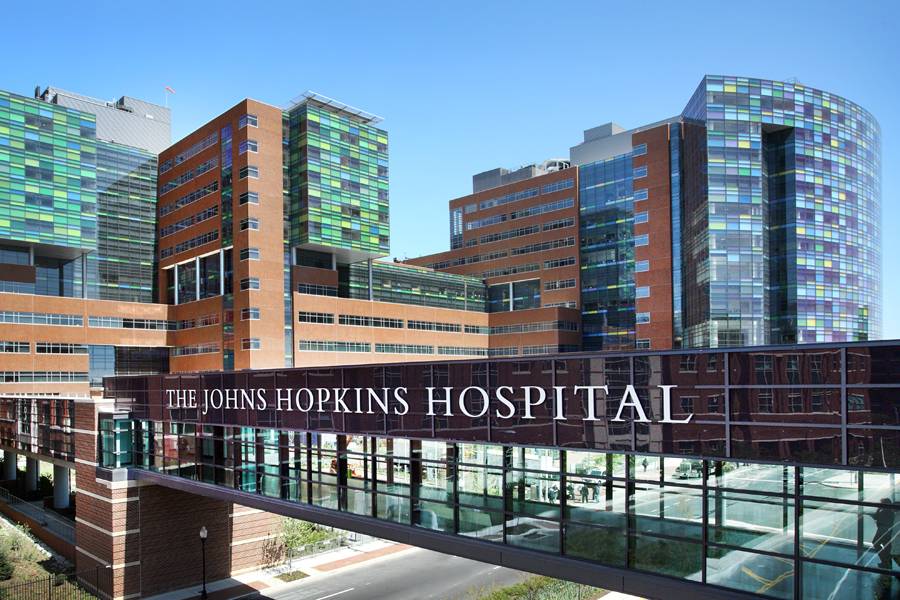Johns Hopkins University delays plans for campus police force

Baltimore MD June 13 2020
Officials at Johns Hopkins University in Maryland have declared that they will delay the plan to form a campus police force for two years.
In a letter posted on the university’s news center, university President Ronald Daniels, medical school dean Dr. Paul Rothman and president of the Johns Hopkins Health System Kevin Sowers said the death of George Floyd and the current debate over the role of policing led to the decision.
The letter cited the “the long and grotesque history of systemic racism” and its impact. It also said that efforts to improve campus safety would include considering alternatives to having armed officers on campus.
“Throughout the process and again in recent weeks, we have been keenly aware of the range of principled and thoughtful perspectives on these issues, and we hear now the increasingly urgent calls for reconsideration of the way in which public safety in our community is achieved,” the letter said.
The discussion over whether to establish a campus police force included passionate debate in Annapolis in 2019. State legislation was required to allow Johns Hopkins University, a private school, to establish its own armed police force.
The late U.S. Rep. Elijah Cummings, whose district included Baltimore, testified in favor of establishing a campus police force.
During his emotional testimony before lawmakers in 2019, Cummings explained how his nephew Christopher Cummings was killed at his off-campus housing at Old Dominion University in 2011.
Cummings said he was concerned for student safety and cited increased crime near the three Johns Hopkins University campuses in Baltimore.
Opponents to the plan argued that a private police force would be less accountable to students and the surrounding communities. The university has had security guards on campus and supplemented the staff with off-duty Baltimore City police officers.
University officials said that they will examine police reform efforts at the national, state and local levels.



